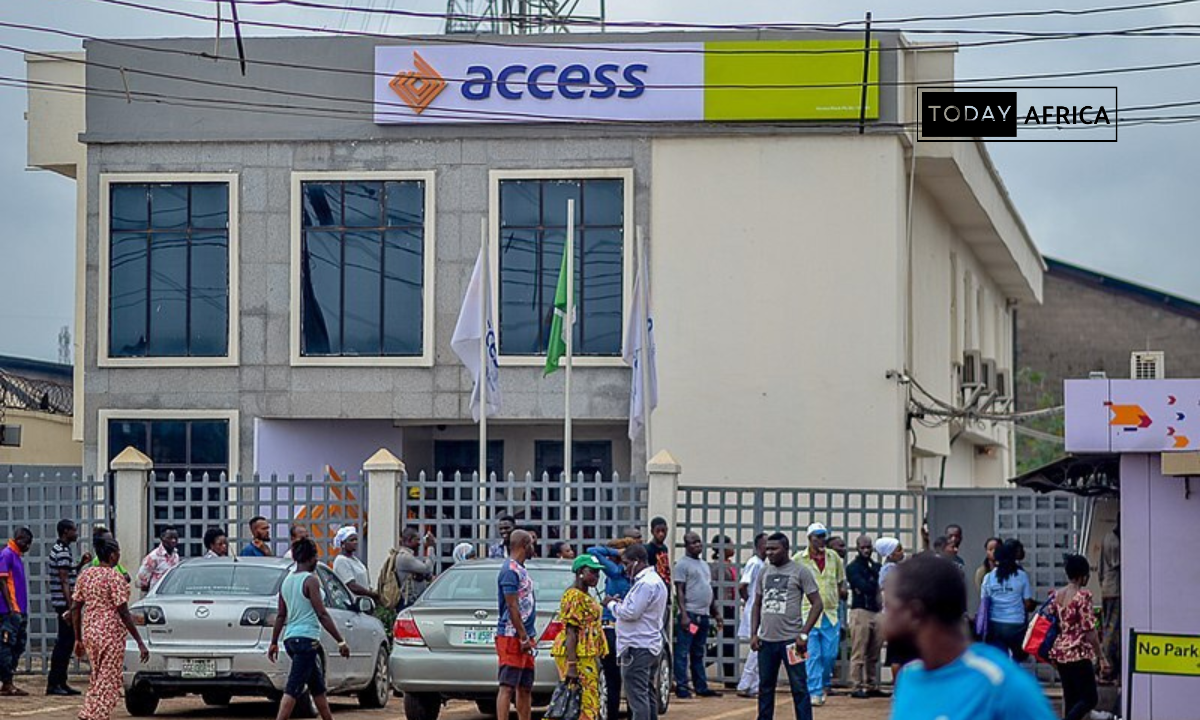In Zimbabwe, Avalon Health’s AI has reduced patient wait times from 45 to 20 minutes. The country’s public healthcare system struggles with inefficiencies, with a ratio of just two doctors per 100,000 people — far below the World Health Organization’s recommended one doctor per 1,000.
Specialists often juggle consultant roles in public hospitals with private practices, relied on heavily by low-to-mid-income urban communities. Traditional paper-based records and manual administrative workflows increase waiting times, potential for errors, and increase workload.
Avalon Health, established in 2022, is alleviating these challenges for private practices in Zimbabwe.
The startup’s AI-enabled platform helps doctors and clinics work more efficiently by handling tasks like scheduling appointments, managing patient records, processing billing, and turning doctors’ speech to ready-to-use documents.
According to founder Panashe Madzudzo, health practitioners, once limited to seeing only 12–15 patients a day due to lengthy paperwork, are now able to efficiently care for up to 40 patients using its platform.
Wait times have dropped from over 45 minutes to just 20 minutes, and clinics have seen a 25–40% increase in efficiency.
Read Also: Umba raises $5 million to grow vehicle and SME lending in Kenya
“We also found that larger practices with frequent staff turnover needed easier training. AI-powered interface helps staff to simply tell the system what to do and it understands the intent and completes the task,” said Madzudzo.
Additionally, Zimbabwe has a rich linguistic landscape where Shona is spoken by 75% of the population, Ndebele by 17%, and English by 89%.
While English serves as the official language in formal contexts, most Zimbabweans rely on Shona or Ndebele for personal communication. Minority groups, comprising about 10% of the population, can communicate in either Shona or Ndebele.
AI systems often face challenges in understanding and processing indigenous languages which can be used in patient-doctor interactions.
Avalon Health’s platform’s translations has achieved 99% accuracy in English but still needs to improve its accuracy in Shona and Ndebele to effectively bridge the language gap.
“We are actively training the platform on local languages such as Shona and Ndebele and currently stand at 75% accuracy, and plan to add more languages as we expand, including Zulu and Tswana for our South African clients,” Madzudzo explained.
Comment and follow us on social media for more tips:
- Facebook: Today Africa
- Instagram: Today Africa
- Twitter: Today Africa
- LinkedIn: Today Africa
- YouTube: Today Africa Studio
















